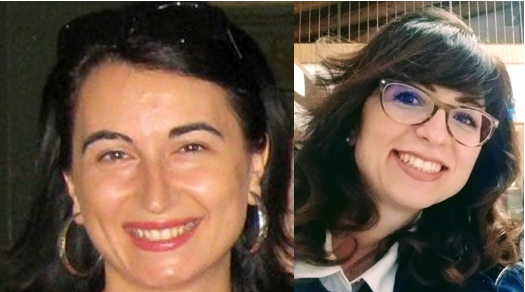Collaborators
Dott.ssa Morena Martucci, membro del Team;
Dr. Chiara La Morgia, IRCCS Istituto delle Scienze Neurologiche-Ospedale Bellaria, Bologna
Prof. Marco Candela, Dr. Silvia Turroni, Dr. Elena Biagi, Dr. Simone Rampelli, Department of Pharmacy and Biotechnology, University of Bologna
Prof. Patrizia Brigidi, Department of Medical Science and Surgery -DIMEC, University of Bologna
Prof. Daniela Monti, Department of Experimental and Clinical Biomedical Sciences “Mario Serio”, Università di Firenze
Prof. Fawzi Kadi, University of Orebro, Sweden
Prof. Paul O’Toole, Department of Microbiology, University College of Cork, Ireland
Dr. Blandine Comte, Dept of Metabolism and mass spectrometry, Université Clermont Auvergne, Clermont-Ferrand, France
Prof. Barbara Pietruszka, Faculty of human Nutrition, University of Warsaw, Poland
Prof. Susan Fairweather-Tait, Medical School, University East Anglia, Norwich, UK
Prof. Lisette de Groot, Dept, of Human Nutrition and Health, University of Wageningen, the Netherland
Dr. Alberto Del Rio, Innovamol srl
